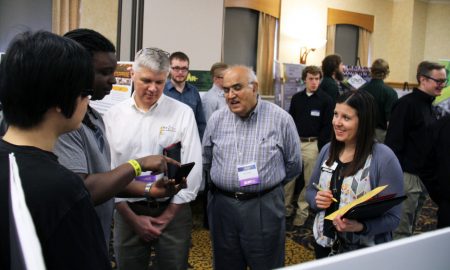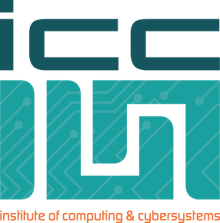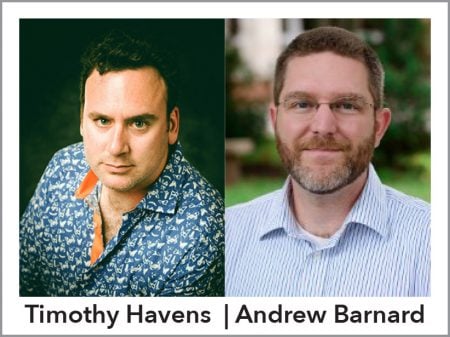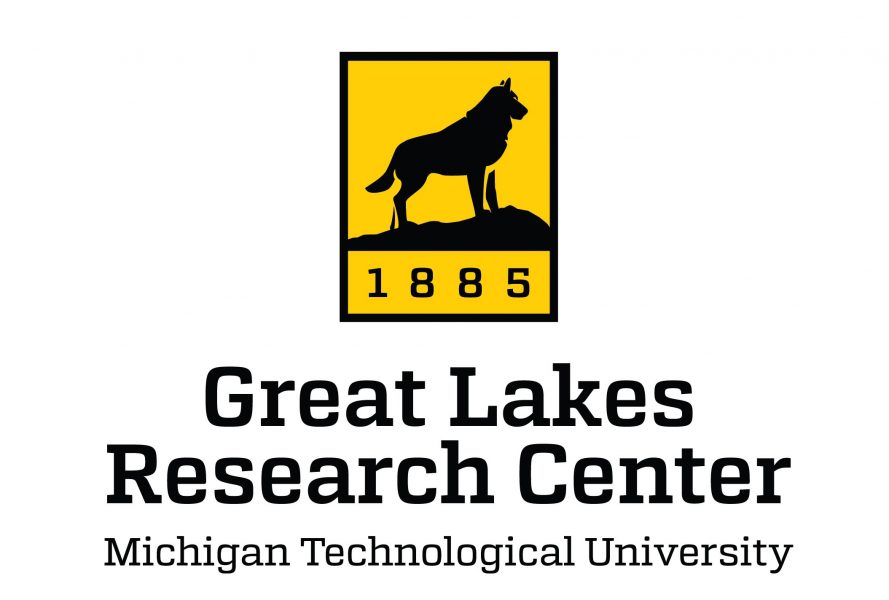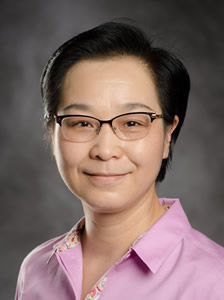by Electrical and Computer Engineering
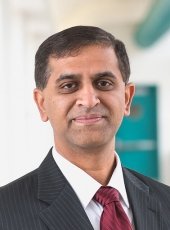
Nagesh Hatti (ECE) was the lead of a startup team that took first place in a virtual entrepreneurial startup event focusing on Education, held earlier this month. The Techstars StartUp weekend was hosted virtually from São Judas University in São Paulo, Brazil.
Hatti and team pitched “Inter-Self” a mobile-based app that focuses on the emotional health of students, combined with their interaction with fellow students, during projects and assignments.
Hatti said the objective of their idea is to provide a feedback mechanism so instructors are aware of the overall emotional health of students, and then use that as an input to their instruction.
Techstars Startup Weekend, in partnership with Google for Startups, is a 54-hour event created for entrepreneurs of all kinds. “It was an intense but rewarding experience,” Hatti said. “There was a lot of support and encouragement to come up with new ideas and execute on them.”
Hatti said that many of the mentors participating in Techstars startup weekend were successful entrepreneurs who started companies at similar events.
